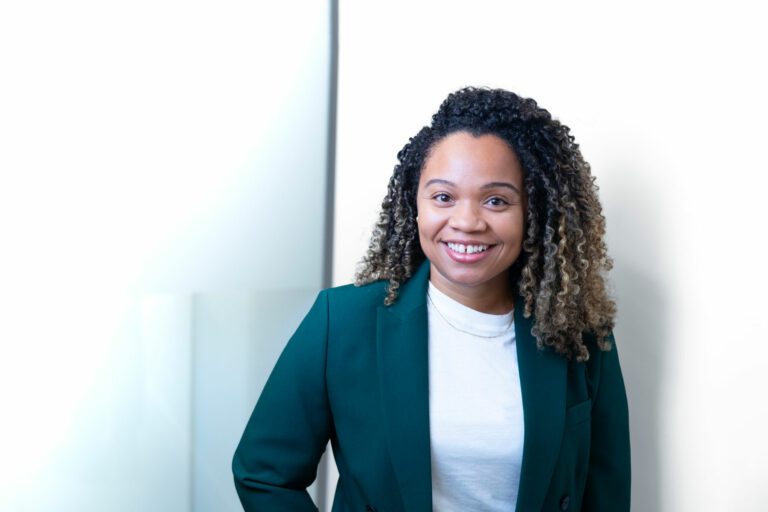Author
In the case of Re Children (Private Law: Covert Recordings: Adjournment of Final Hearing) [2021] EWFC B82, the Court considered an application seeking permission to remove two children from the UK jurisdiction to live in another country. An interesting issue arose when one of the parties wanted to rely on the transcripts of secretly recorded conversations.
Background
The parties to this case were a mother and father who were seeking the court’s assistance with determining their children’s future arrangements. Sadly there were also allegations raised by the mother in respect of domestic abuse she had suffered in the relationship.
The mother filed a statement with the Court which included transcripts of three recorded conversations she had had with the father. The father was unaware that she was recording their conversations.
The transcripts were lodged with the Court and no objections were raised by the father.
However, in Court, the father argued that permission should have been sought to rely on these recordings, and as no permission had been granted, the Court should refuse to admit them as evidence.
Considerations
Judge Briggs confirmed that there should be a requirement for seeking the Court’s permission before presenting the Court with covertly recorded audio evidence.
The mother in this particular case accepted that the transcripts included in the bundle were snippets taken from longer recordings. She confirmed that she had at least one hundred other covert recordings. These had not been disclosed. Counsel for the father argued that such recordings may be relevant as they may hold information that would assist the parties in the fact-finding process.
A distinction was made between situations where both parties are adults with the capacity to make decisions about the subject being discussed and situations where one party is a child or person with mental capacity issues. In those situations, it was relevant that the party recording the conversation had full control over what was recorded. As such, recordings where the person has effective control over the conversation, such as where the person being recorded has mental capacity issues or they are a child, should be strongly discouraged by the Court.
Decision
Judge Briggs highlighted a number of concerns he had with these recordings. He stated that there had been no information provided as to why these particular recordings were submitted as evidence over the other hundred recordings. He also highlighted obvious issues surrounding the editing of the recordings and their quality.
Despite this, he adopted the position that the recordings in this particular case may be of relevance to both parties. It was agreed that the father may also wish to rely on certain recordings in support of his position. The hearing was subsequently adjourned to allow for both parties to fully consider all transcripts and recordings and to allow both sides to make any necessary applications to rely on the same.
It is evident that parties who seek to rely on audio transcripts will need to inform the Court of this from an early stage. The recordings should also be disclosed to all parties involved in the proceedings. This will allow the case to be appropriately managed from the outset and will reduce the likelihood of adjournment where the issue is not a matter of law.
Take away observations
This interesting case highlights the importance of appropriately dealing with covert audio evidence where a party seeks to rely on this in support of their arguments. Dealing with this early on and in an open way will avoid wasted time and costs.
Although this case related to child arrangements and involved minors, it opens the door for further discussion to be had in respect of proceedings involving those who lack capacity. It will be interesting to see in the future whether the Court of Protection permits covert recordings to be relied upon in cases involving those lacking capacity.
Print article

